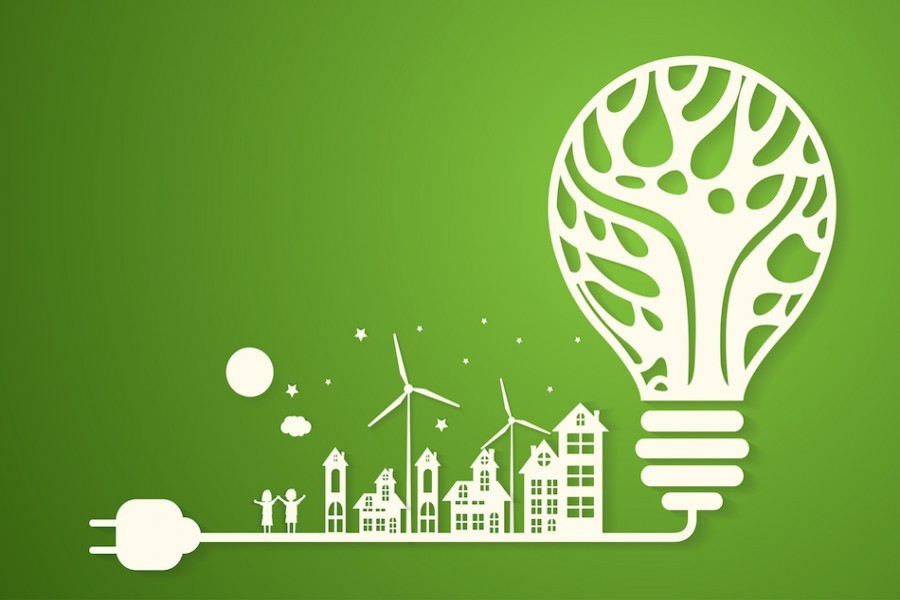
Published :
Updated :

The issue of energy efficiency (EE) has over the last two decades come to the forefront, primarily due to concerns over Green House Gas (GHG) emissions. But more importantly, EE interventions, if done rightly can have a positive return on investment. Experiences around the world have shown that projects have a payback period of less than five years and as pointed out by energy experts, low interest rates of financing (between 1-2 per cent) are available.
In Bangladesh, EE has remained out of focus. Yet, it can be immensely important, particularly in today's reality of fast depleting known gas reserves, spiralling cost / unavailability of required LNG in the international market, and renewed interest of major Asian energy consuming economies like China and India in imported coal.
As pointed out by former Professor of the BUET, Dr. Ijaz Hossain a few years ago, "reasons why EE is important for Bangladesh are: (i) domestic natural gas is depleting very fast; (ii) despite having significant deposits of high quality coal, the country is unable to mine it; (iii) industries are prone to using low efficient, inexpensive equipment and devices; (iv) extremely low level of maintenance of industrial equipment; (v) factory upgradation (upgrading) is only undertaken when some sort of failure or shutdown occurs; (vi) the apex agency called Sustainable and Renewable Energy Development Authority (SREDA), set up to oversee EE, is yet to undertake any concrete measures; and (vii) financial institutions are not aware of the investment possibilities in EE projects."
Indeed, we are informed by a BUET study that over 90 per cent of the fuels required to produce electricity in 2030 will have to be imported. "Hence, if 20-25 per cent EE can be achieved across all sectors then the primary energy import requirement for power generation can be brought down to 70-75 per cent." This of course translates in to billions of dollars in foreign exchange savings that can be spent elsewhere. Today, we are in the unenviable position of not having discovered any major gas field over the last decade or so. Nor did the government take any steps to evaluate domestic, proven coal deposits.
The benefits of EE are well known. As pointed out by Musfiqur Rahman in an article recently, "enhancing energy efficiency can secure less consumption of energy (both primary and electric energy) for production of goods and for facilitating human comforts for their everyday life." We live in the age of fast urbanisation and mega cities. Dhaka is one, and according to the International Energy Agency (IEA), nearly 70 per cent of the global population would be living in urban metropolises by 2050. Hence, it makes sense to start EE interventions in cities and towns that have emerged as major centres of economic activity. We need to start working on developing energy-efficient, smart buildings that will incorporate EE in building construction and installing EE-compliant lights, household appliances to reduce energy consumption, cut costs and reduce our use of primary fuels. Industry owners need to understand that using low EE machinery and equipment drive up costs (in the age of rising electricity and energy prices). There are scores of uses for EE in power generation. Bangladesh can save a significant quantity of natural gas by improving efficiencies of old power plants, which would lead to lowering of power generation costs.
Given this reality, it is time to introduce energy audits in energy-intensive industries? This must become a government policy, as it will introduce industries about how to conserve energy. Unfortunately for Bangladesh, SREDA has for years been hamstrung by a combined lack of funding and manpower. Hence, it has been unable to get any EE programmes off the ground. This must change now.


 For all latest news, follow The Financial Express Google News channel.
For all latest news, follow The Financial Express Google News channel.